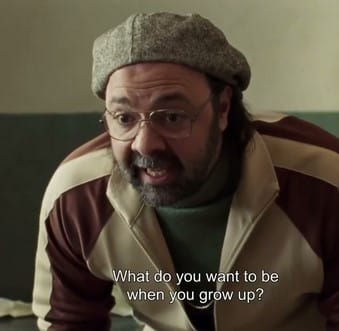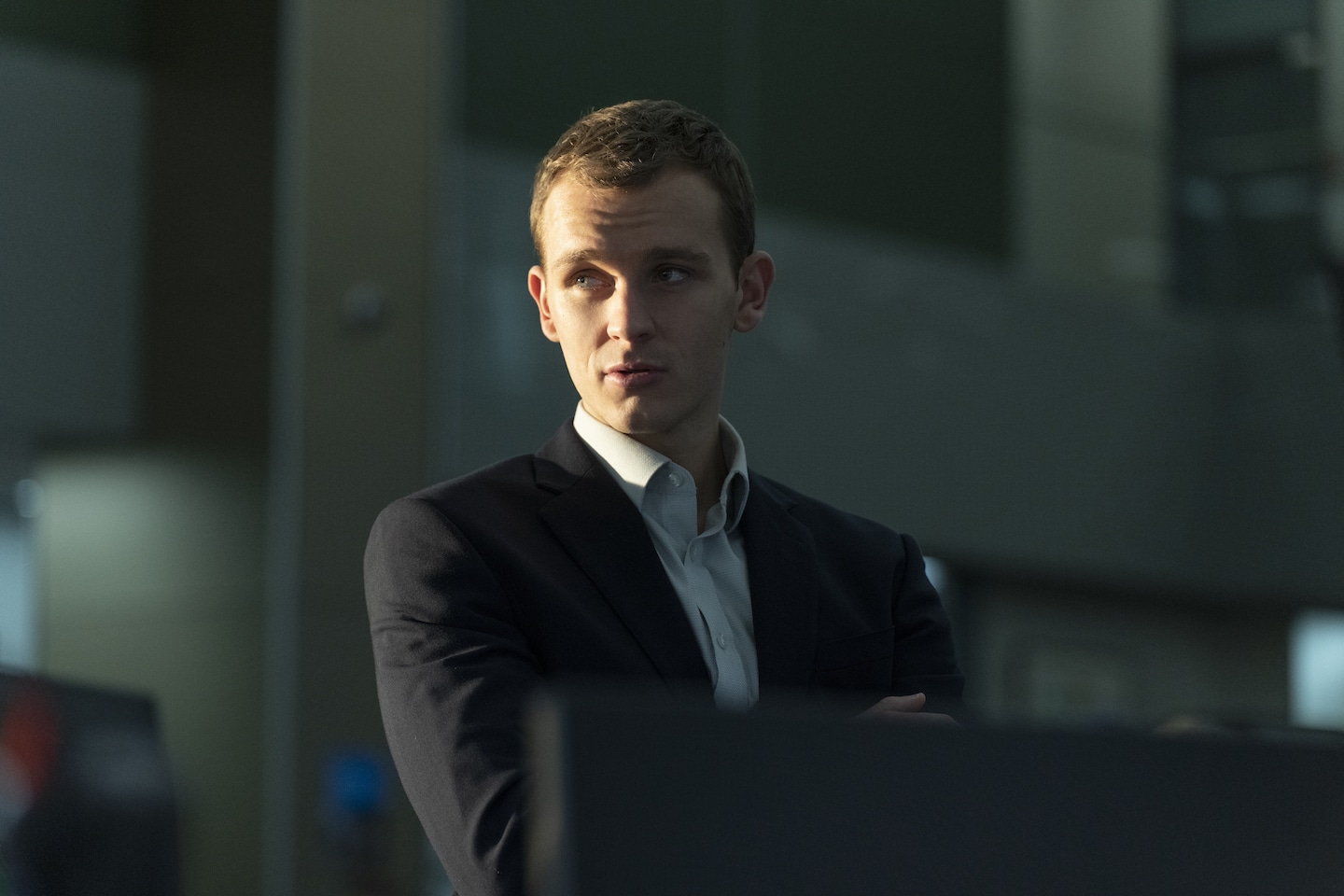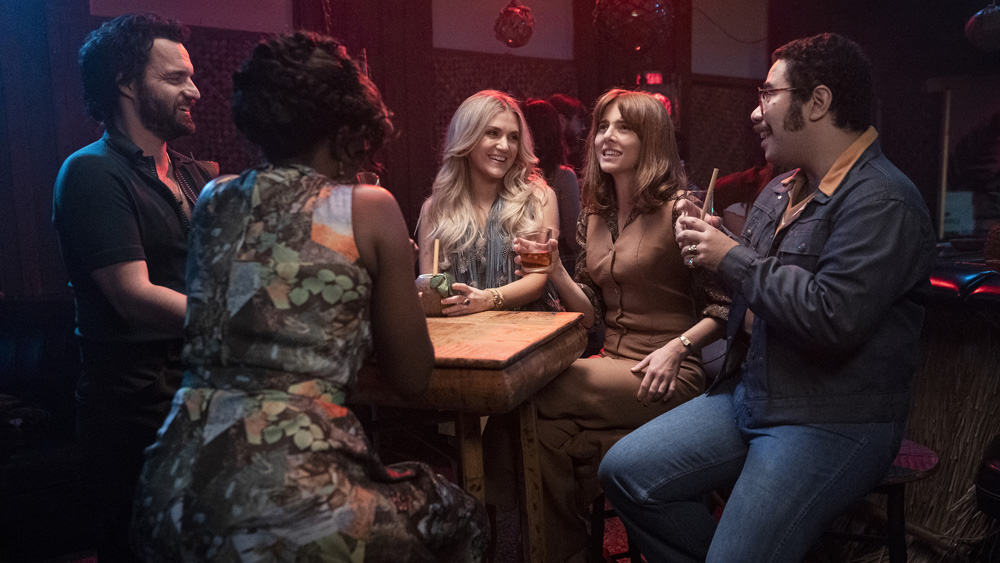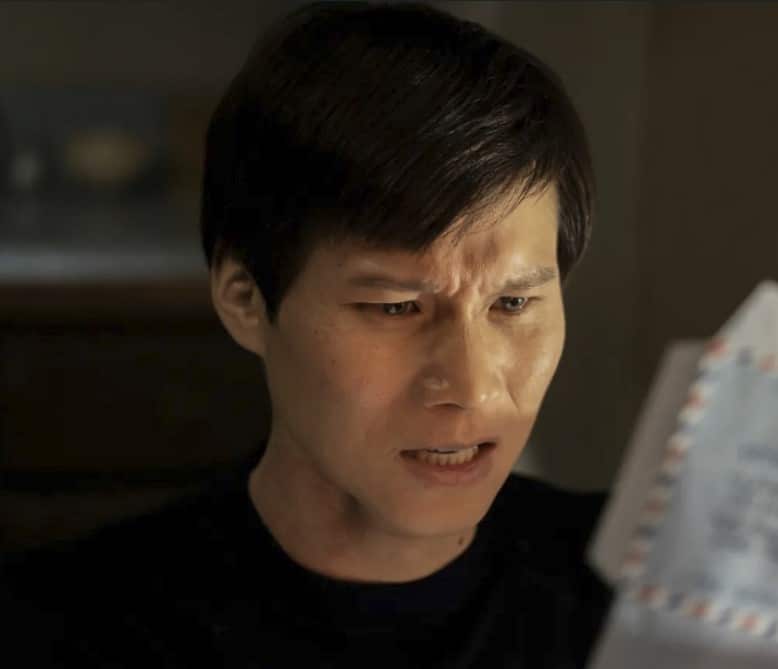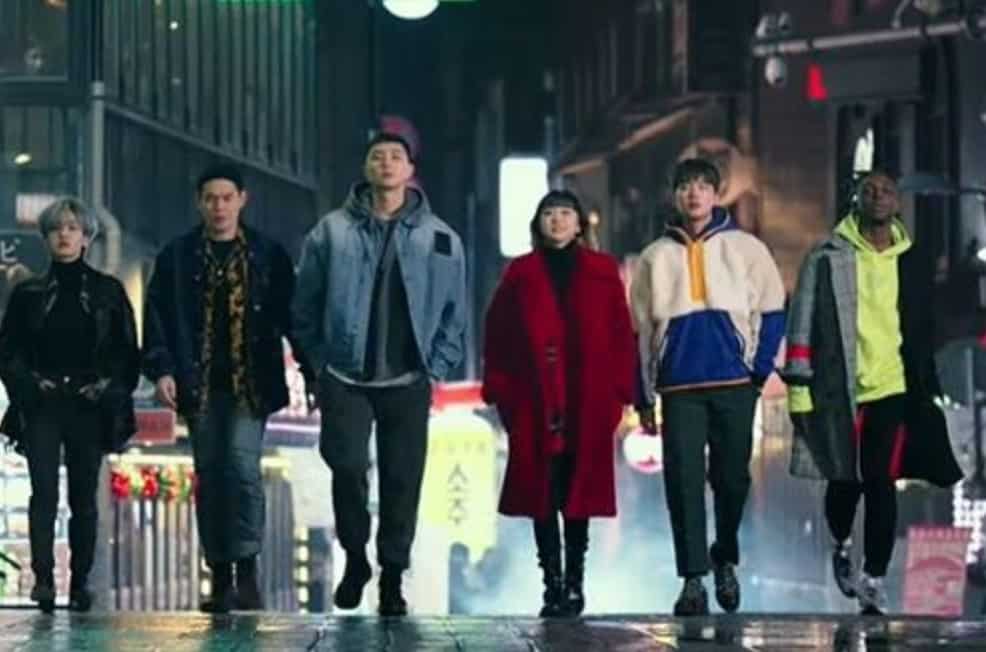Watercooler Pick
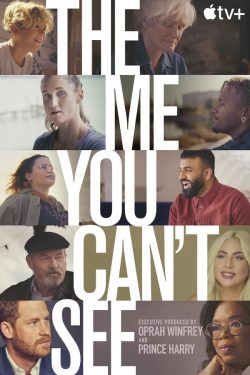
The Me You Can’t See
- Series
- Where to Find It: Apple TV+
- Rating: TV-14
- Release Date: 2021
- Seasons: 1
- Episodes : 5
- Length: One Hour
Recommended by:
Share on social media
Find More Watercooler Picks
A five-part docuseries focused on mental health and treatment through the lens of honest and revealing personal stories of notable public figures and ordinary people around the world.
Oprah Winfrey and Prince Harry joined forces to executive produce the series, which features other notable figures talking about their own issues, including Lady Gaga, Zak Williams (the son of Robin Williams), and Glenn Close.
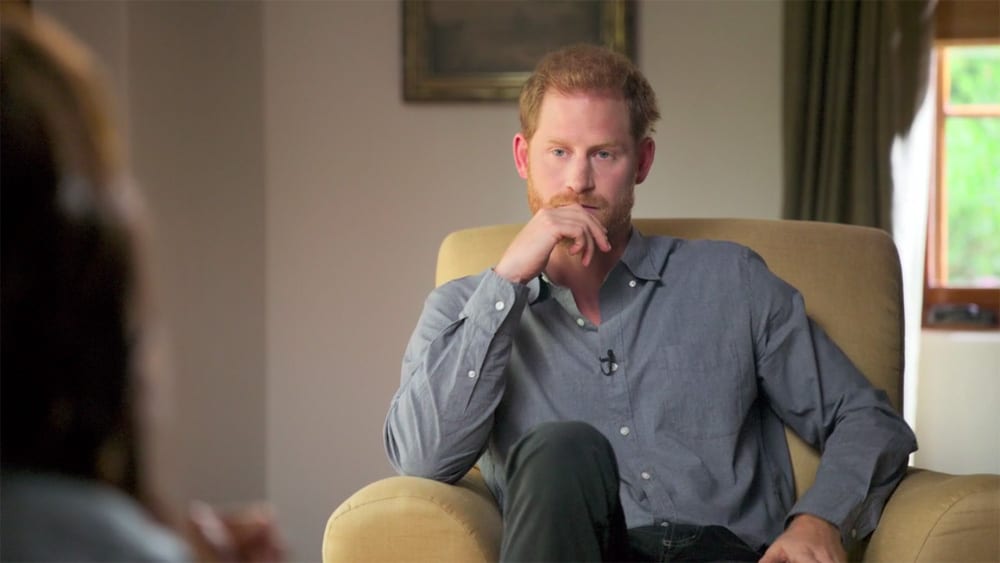 Considering the statistics, chances are good that you or someone you know is affected by some kind of mental health issue. Depression, anxiety, PTSD, OCD, schizophrenia, and other afflictions are far more common than we know. The reason for that is the same reason Oprah and Prince Harry set out to make this series: the ongoing stigma of mental illness and the lack of proper treatment is only making things worse. The Me You Can’t See sets out to highlight those challenges by featuring stories of people around the world dealing with mental health issues, and giving them the space to talk about their journeys without judgment.
Considering the statistics, chances are good that you or someone you know is affected by some kind of mental health issue. Depression, anxiety, PTSD, OCD, schizophrenia, and other afflictions are far more common than we know. The reason for that is the same reason Oprah and Prince Harry set out to make this series: the ongoing stigma of mental illness and the lack of proper treatment is only making things worse. The Me You Can’t See sets out to highlight those challenges by featuring stories of people around the world dealing with mental health issues, and giving them the space to talk about their journeys without judgment.
Given the prominence of Prince Harry’s involvement with the project, his story is bound to be the one most talked about. His candid conversations with Oprah punctuate the episodes, going deeper into some of the subjects previously discussed in the highly rated CBS interview that aired back in March. He traces his anxiety to the trauma of his mother’s death, the pressure of his position within the royal family, and the total lack of support and understanding he received from within “the institution.” He explains that it wasn’t until he met Meghan Markle that he considered seeking therapy, and has now been in treatment for more than four years. He even lets us in on a virtual session with a therapist who practices EMDR, or eye movement desensitization reprogramming. It’s a strikingly intimate moment, and his vulnerability and honesty about where he’s been and how far he’s come is remarkable.
It’s all in service of the series’ ultimate goal—bringing public awareness to the crisis of mental illness. Prince Harry is just one of the many participants who bravely open up their hearts, minds, and homes to the camera crew, and us, the audience. Lady Gaga (identified in the series—as everyone else is—only by her first name: “Stefani”) talks about being sexually abused early in her career, having dark feelings of worthlessness, and cutting herself in an attempt to make the pain she felt on the inside visible to others. Zak Williams saw his father Robin fight a losing battle with mental health and started down a similar path until he finally reached out for help. Glenn Close opens up about growing up in a cult and moving to Montana to be with her family after her sister’s schizophrenic diagnosis. Even Oprah goes into her own traumatic childhood experiences with physical, sexual, and emotional abuse.
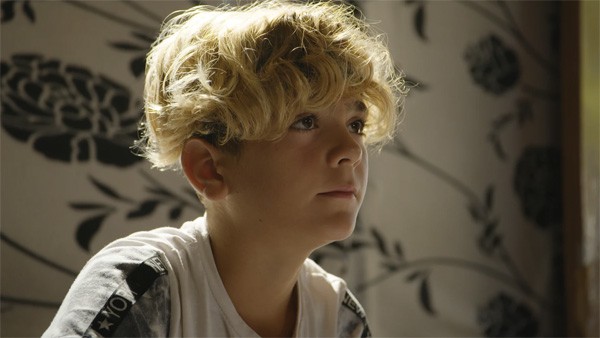 But it’s not just celebrities who suffer. There are also ordinary folks in this fight too, including an Olympic boxer dealing with extreme OCD, a schizophrenic college student, a young Syrian refugee in Greece learning to process his feelings, a British Muslim poet working through grief after his mother’s sudden death, a grandmother in Zimbabwe filling the gap in access to psychiatric care in her community, and a gay survivor of hate crimes in India who overcame PTSD and depression and built a welcoming place where others can feel free to be themselves. These stories are all heartbreaking in one way or another, but they are also road maps for recovery that leave you with a sense of hope on the horizon.
But it’s not just celebrities who suffer. There are also ordinary folks in this fight too, including an Olympic boxer dealing with extreme OCD, a schizophrenic college student, a young Syrian refugee in Greece learning to process his feelings, a British Muslim poet working through grief after his mother’s sudden death, a grandmother in Zimbabwe filling the gap in access to psychiatric care in her community, and a gay survivor of hate crimes in India who overcame PTSD and depression and built a welcoming place where others can feel free to be themselves. These stories are all heartbreaking in one way or another, but they are also road maps for recovery that leave you with a sense of hope on the horizon.
Although the participants have different situations and come from vastly different backgrounds, there are lines that connect them all and can be applied to everyone watching at home. The first step in recovery may be recognizing you have a problem, but the most impactful step is seeking help and forming personal connections with those who are willing to offer support. The series also emphasizes the reciprocal healing effect that can happen when someone offers help to someone else. As Oprah says, the question to ask isn’t “What’s wrong with you?” but “What’s happened to you?”
For anyone dealing with any kind of mental issue, this series will show them they’re not alone. It doesn’t have all the answers, but it sparks a conversation and may even provide a lifeline to those longing to be seen.
Your support system of family and friends, or those you want to be a part of it.
- Moods: de-stress me, give me hope, inspire me, stretch my mind
- Interests: conversation worthy, international, true stories
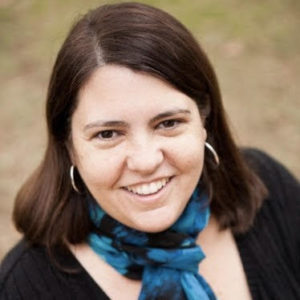
Cindy White



